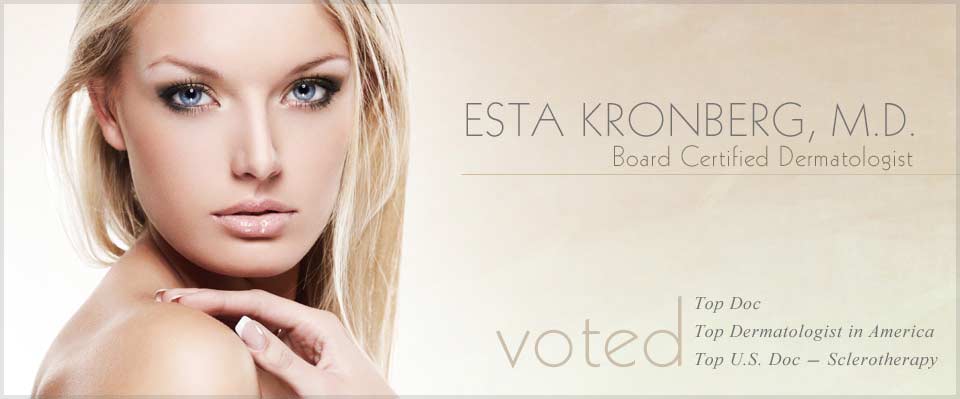 Eczema is an itchy annoyance. The word originates from the Greek work ekzein, which means “to boil out.” Not very appetizing, but somewhat apropos.
Eczema is an itchy annoyance. The word originates from the Greek work ekzein, which means “to boil out.” Not very appetizing, but somewhat apropos.
Clinically known as atopic dermatitis or atopic eczema, this condition is commonly found in children but it can also develop in adults or it can simply continue into adulthood. It is characterized by inflamed red, itchy, dry skin. It can develop on any area of your skin, but is most common on the arms and behind the knees. Eczema affects an estimated 9 to 30% of the population. Just that spread shows its somewhat mysterious nature, as many people don’t know they have it.
Unknown causes but clues
Eczema is a bit of a medical mystery, its cause not exactly known. It is believed that people who suffer with eczema have a genetic predisposition toward it. If one or both parents has had eczema the odds are the children will have it. Also, abnormal function of the immune system (similar to how it reacts to allergic substances) can cause eczema. Some people think it can be caused by stress and other emotional factors, but those things can only make it worse. Changing hormones can do the same.
There are certain environmental factors that are known to bring out symptoms of eczema. These include:
- Irritants: soaps, detergents, shampoos, disinfectants, fresh fruit juices
- Allergens: dust mites, pet dander, pollens, mold, dandruff
- Microbes: bacteria such as Staphylococcus aureus, certain fungi
- Hot and cold temperatures
- Foods: dairy products, nuts and seeds, soy products, wheat
Symptoms of eczema
If you have patches of chronically dry, itchy, thick skin that appear on your hands, neck, face, and legs, you probably have eczema. There may be red or brownish-gray patches that itch more at night. The affected areas may have small bumps that leak fluid when scratched. In infantile eczema, the inner creases of the elbows and knees are the most common areas.
Eczema can be managed with over-the-counter anti-inflammatory lotions, but if these don’t get it under control, you need to come see Dr. Kronberg if these symptoms develop:
- If your rash becomes crusty or develops pus-filled blisters
- If over-the-counter remedies don’t improve the condition
- If you have a family history of eczema and develop a rash
How we treat it
Infantile eczema isn’t difficult for us to deal with. We identify the cause of the skin irritation and help develop ways for the parents to avoid future contact with it. Keeping the baby’s skin moisturized is also important.
For eczema that has continued into adulthood there is no cure, but Dr. Kronberg creates a treatment plan based on each patient’s particular case. For adult eczema, a good skin care regimen can be effective. But we may prescribe stronger medicines: hydrocortisone, antibiotics, antihistamines, corticosteroids, immunosuppressants, and prescription-strength moisturizers. Ultraviolet light therapy can also be used.
If you have signs of eczema, call Dr. Kronberg at 713-771-8941 and let’s get to work calming it down!





No comments yet.